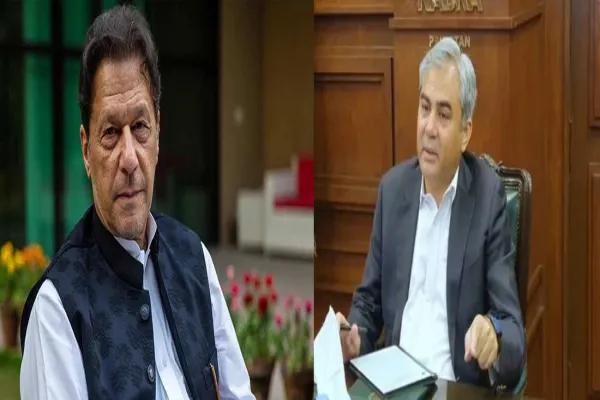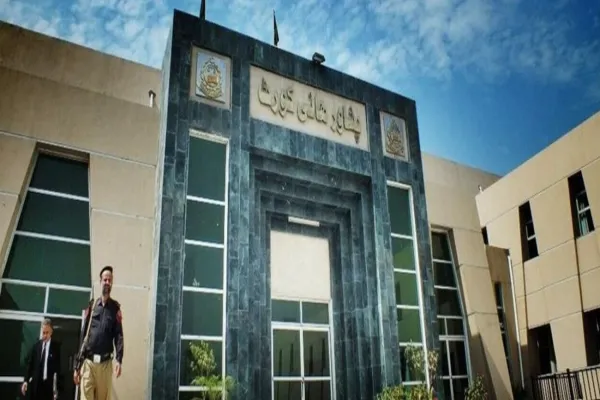i NEWS PAKISTAN
During a hearing on the National Accountability Bureau's (NAB) jurisdiction, Islamabad High Court (IHC) Justice Mohsin Akhtar Kayani made critical remarks, stating that Parliament had dismissed high-value corruption cases worth billions of rupees. Justice Kayani expressed concern that over a hundred significant corruption cases have been closed, with accused individuals leaving the country, emphasising that by the time Parliament realises the consequences, it may be too late. In his remarks, Justice Kayani questioned NAB's current capacity and authority, advising the bureau to first confirm its jurisdiction before beginning corruption inquiries. He added, "Now even a toothless NAB can be enjoyed by the NAB officials and the citizens." The controversy surrounding NAB’s role stems from amendments introduced in 2022 by the then Pakistan Democratic Movement (PDM)-led government.
The revisions to the National Accountability Ordinance (NAO) 1999 reduced the terms of the NAB chairman and prosecutor general to three years, limited NAB's jurisdiction to cases exceeding Rs500 million, and transferred pending investigations to other authorities. In response, Imran Khan moved the Supreme Court, arguing that the changes were designed to shield influential individuals from accountability and legitimise corruption. After 53 hearings, the Supreme Court upheld Imran's challenge, reversing the dismissal of corruption cases against public officials. However, in October 2023, an SC bench intervened, delaying final verdicts in these cases. On September 7, 2024, former Prime Minister Imran Khan termed the NAB amendments “catastrophic” for Pakistan, criticising Parliament for passing bills aimed at shielding their wealth. Speaking from Adiala Jail, he stated that an elite group in Pakistan, exploiting these amendments, had managed to clear themselves of corruption cases worth billions.
Credit: Independent News Pakistan









